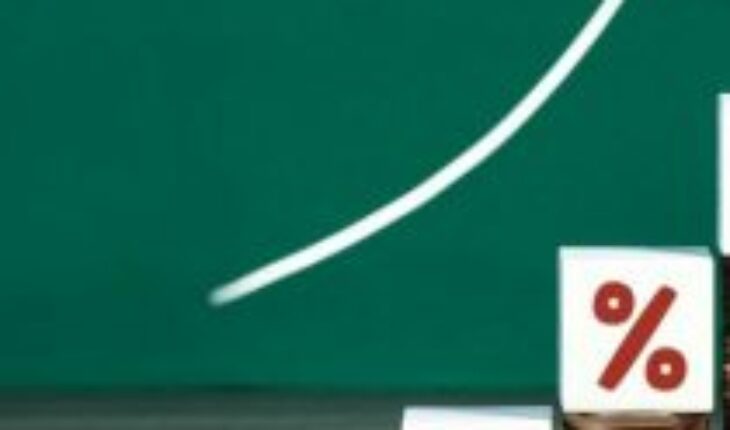Only that we would have to calculate what will happen after those 30 days… And it’s surprising: by then you’ll have more than $5 million. A figure that leaves you speechless, and incredulous, so, if you are like me (if not, skip the next 4 lines), you take out pencil, paper and calculator and…
Effectively, $536,870,912, or $5,368,709 and 12th in 30 days!
IMAGE SOURCE,GETTY IMAGES
Not for nothing is the concept often described as a snowball sliding downhill., increasing in size and acceleration.
A description that echoes the title of the authorized biography of billionaire and mythical investor Warren Buffett “The Snowball,” who famously said on Bloomberg’s “The David Rubenstein Show”: “My life has been the product of compound interest.”
And he is just one of the super-rich who throughout history have benefited significantly from him.
Everything indicates that it is worth understanding better, so let’s try to do it.
Heaven and Hell
The good news is that, as you saw with the example of the coin being doubled, this wand doesn’t require much more than elementary arithmetic to guess what the outcome of its magic will be.
For centuries, techniques have been developed to produce more or less accurate estimates to help predict that future, from published tables as soon as the printing press arrived to equations, which can seem complex.
IMAGE SOURCE,GETTY IMAGES
According to Investopedia, “compound interest simply means that the interest associated with a bank account, loan, or investment increases exponentially, rather than linearly, over time.”
What may be difficult to understand is exponential or compound growth.
But understanding it can bring riches to the lucky ones who can save and invest, or help the not-so-fortunate dodge some harms.
The miracle of capitalization is a double-edged sword.
Why? Check out this example (of several that will follow):
If you invest or borrow a sum of money at 10% and do not withdraw it or pay it for 5 years, you will multiply your wealth or your debt by 1.6 times.
If you do the same at the same rate during 10 times longer, No You will multiply your wealth or your debt by 16.
You will multiply them by more than 117.
Illustrating
The concept of compound interest is that interest is added back to the principal sum and then interest is earned on that aggregate interest over the next capitalization period.
IMAGE SOURCE,GETTY IMAGES
So, for example, if you invest $100 with a 5% interest rate, at the end of the first year you’ll have $105.
So far we go as with simple interest.
The difference will be noticed in the second year, because with the compound, you will earn interest not only on the capital of US$100 but also on the US$5 of interESES of the previous year.
So, instead of receiving another US$5 and having a total of US$110, you will receive US$5.25 and you will have US$110.25… And we’ve already learned the lesson about how much what seems little matters.
Now, one of the keys to this “wonder” is time, not only because the more patient you are, the more money you will accumulate, but because moments make a big difference.
It sounds a bit poetic, but basically what advisors strive to highlight is the importance of starting saving early.
If you started saving at age 25 and retire at age 65, every $100 you saved at age 25 will be worth more than $700 at age 65 (based on an annual interest rate of 5%).
But if you started saving at age 45 and retire at 65, every $100 you saved at age 45 will be worth $265 At 65, that’s not bad, but what a difference!
So, as the American polymath Benjamin Franklin, whose face adorns those $100 bills we’ve talked about so much, is said to have said, “Money makes money. And the money that makes money, makes money.”
But don’t forget: that same compound interest also multiplies the money you owe to your credit cards or your loans… That’s why sometimes it seems that, no matter how much you pay, you never get out of the hole.
LThe rules of the wealth game Benefit to whom it is at Right side of the equation.





